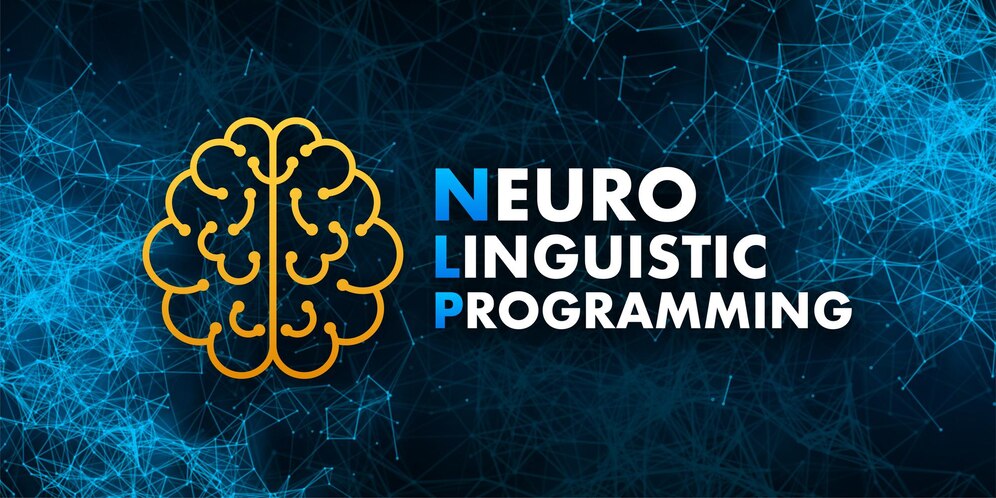Fear is a normal emotion we all experience throughout our lives. It could be fear of failure, fear of the unknown, or fear of taking risks. As an entrepreneur, it’s important to embrace your fears, understand them, and use them to fuel your success.
What if I told you, fear can be a great motivator when used correctly. It’s up to you to define what fear is to you and decide whether you’ll allow it to limit your progress. I want to explore three ways you can leverage fear to achieve your goals.
One of the best outcomes of fear is its ability to help you focus.
When you’re afraid of something, it’s difficult to think about anything else. Your mind is fixated on the object of your fear, and you become hyper-focused. Instead of fighting this feeling, you can use it to your advantage.
Begin to ask deeper questions when it begins to creep in your head. What am I really afraid of? Has this happened before? What are the outcomes if I ignore versus address the fear?
Use your fear to really hone in on your goals and what you need to do to achieve them. Fear can be a great motivator to push you forward and help you stay on track.
Fear can also assist you take action faster.
When you’re afraid, it’s easy to become paralyzed and do nothing. However, it’s important to recognize that taking action in spite of your fears is one of the best ways to overcome them.
Fear can be a powerful motivator to take action and face your fears head-on. If you’re afraid of public speaking, for example, force yourself to speak in front of others until you’re comfortable.
This sounds easy in theory but it’s not. I have suffered from panic attacks most of my life. It seems simple to say “face the fear”, but unless you’ve experienced the overwhelming fear from a panic attack it’s difficult to understand why we want to avoid the pain. You could say fear has power over our actions. So, it’s important to take the emotion out of the internal head chatter. What would you say or advice you would share if that same situation happened to a friend? Detach from the outcome and focus on the process.
The more you face your fears, the less power they have over you.
Fear can actually help you grow.
Facing your fears can be uncomfortable and scary, but it’s also one of the best ways to grow and develop as a person. By pushing yourself outside of your comfort zone, you’ll learn new things about yourself and discover what you’re truly capable of. Fear is a great motivator to pursue personal and professional growth, and to achieve your goals. This is only true if you decide you’re going to look at fear as a tool and not a weapon against yourself.
So, the simple statement is fear is a great motivator when used correctly. Never let your fears limit your progress as an entrepreneur – instead, embrace them, understand them, and use them to your advantage.
By focusing on your goals, taking action, and pushing yourself outside of your comfort zone, you can use fear to achieve great things.
Remember, your definition of fear will determine your outcomes. Don’t let it hold you back!
As a co-founder of The Constance Group, I’m at the forefront of revolutionizing sales and leadership strategies worldwide. Our difference? The proprietary “Sales Funnel©” methodology—an innovative approach that significantly enhances selling processes, complemented by our programs in leadership, negotiation, and sales development.
Our distinct edge lies in our personalized approach. Prior to any keynote or workshop, I personally collaborate with stakeholders and attendees to develop a tailored, impactful program. This commitment goes beyond content delivery; it’s about crafting actionable insights that participants can immediately leverage for real-world impact.
Rooted in behavioral science, our strategies offer profound insights into human behavior, empowering your team to navigate complex scenarios with positive outcomes. Our sessions are designed to be engaging and memorable, mixing potent messages with humor and narratives that not only resonate but also inspire lasting change.




